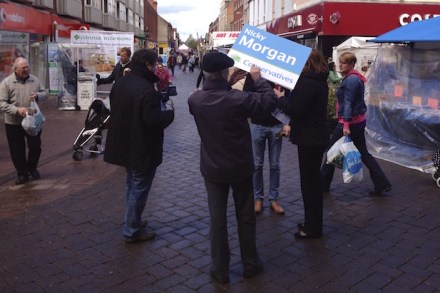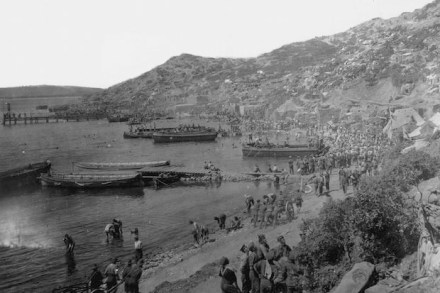Ed Miliband turns garden designer with scary new sculpture for Downing Street garden
One of Britain’s great traditions is the open garden afternoon: an opportunity for folk revelling in being both middle-aged and nosy (like me) to wander around other people’s plots and peer at what they’ve planted while scoffing large slices of cake. The National Gardens Scheme and Open Squares are two of the most popular, and



































